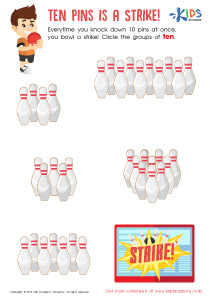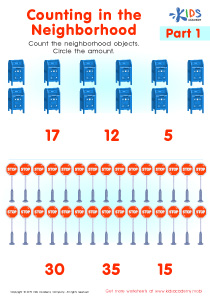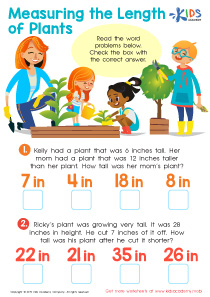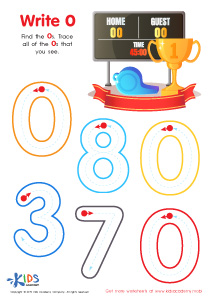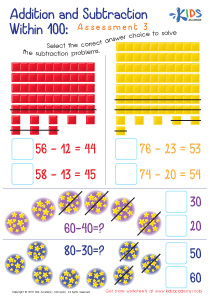Hand-eye Coordination Easy Numbers 11–20 Worksheets for Ages 6-8
3 filtered results
-
From - To
Enhance your child's learning journey with our "Hand-eye Coordination Easy Numbers 11–20 Worksheets" designed specifically for ages 6-8. These engaging worksheets combine fun activities with essential educational skills, helping young learners master number recognition and counting from 11 to 20. Each worksheet is crafted to improve hand-eye coordination through interactive exercises like tracing, circling, and engaging in delightful illustrations. Designed to promote independence, these resources foster critical thinking while providing ample practice. Perfect for parents and educators seeking innovative ways to develop mathematical skills in a playful and stimulating manner, this collection supports your child's growth in a joyful learning environment.
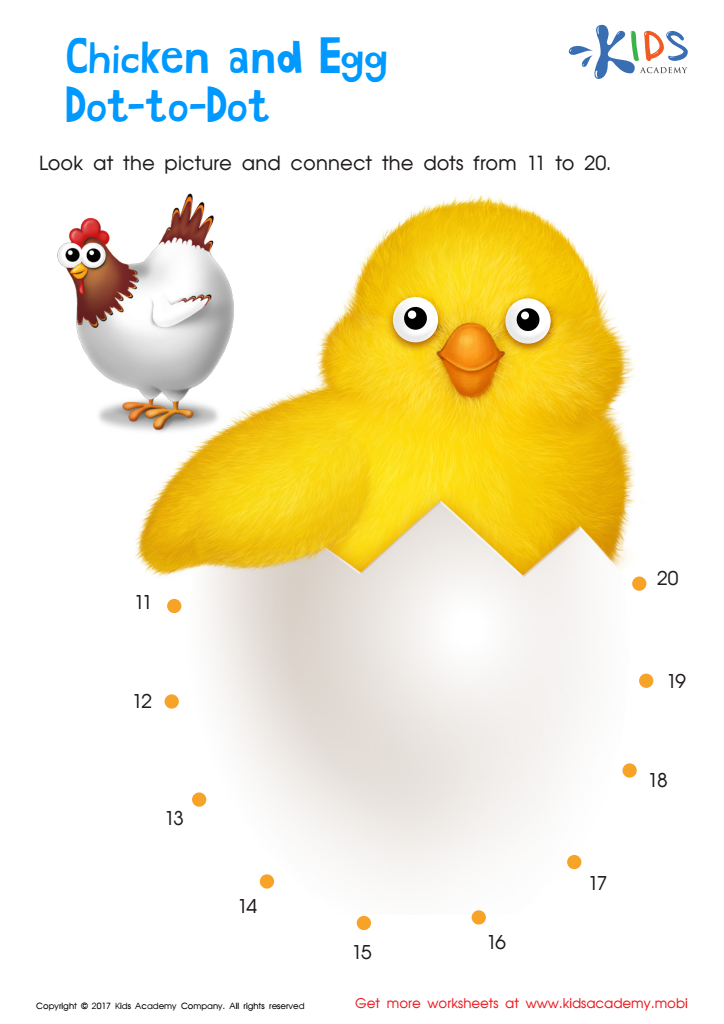

Ordering 11–20: Chicken & Egg Dot–to–dot Worksheet
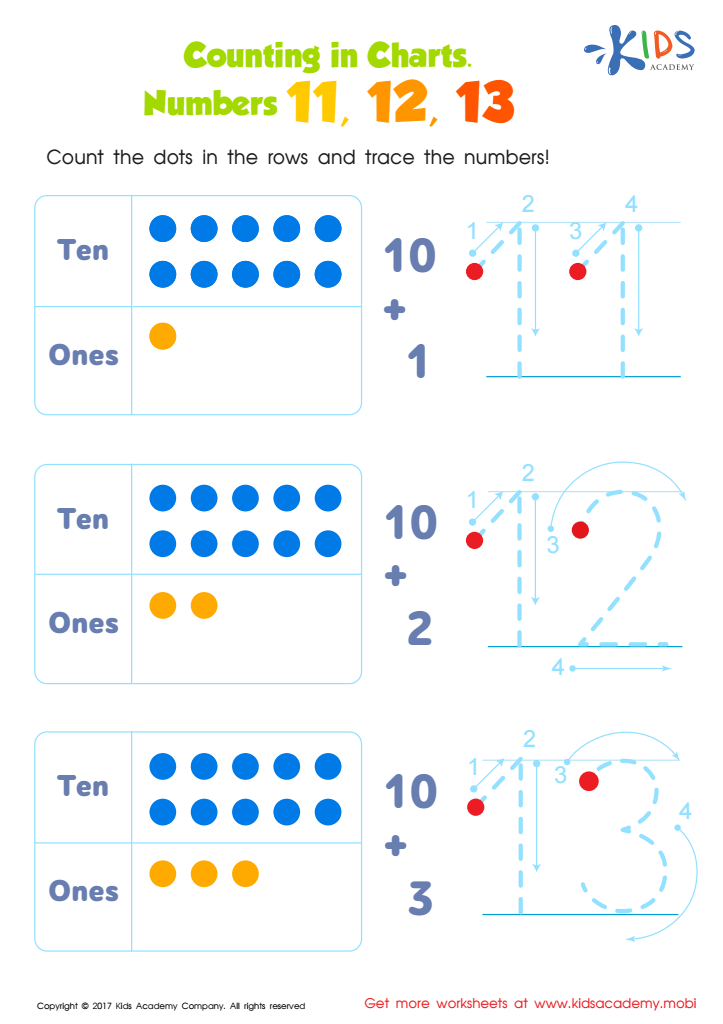

Number Tracing Worksheet For Kindergarten
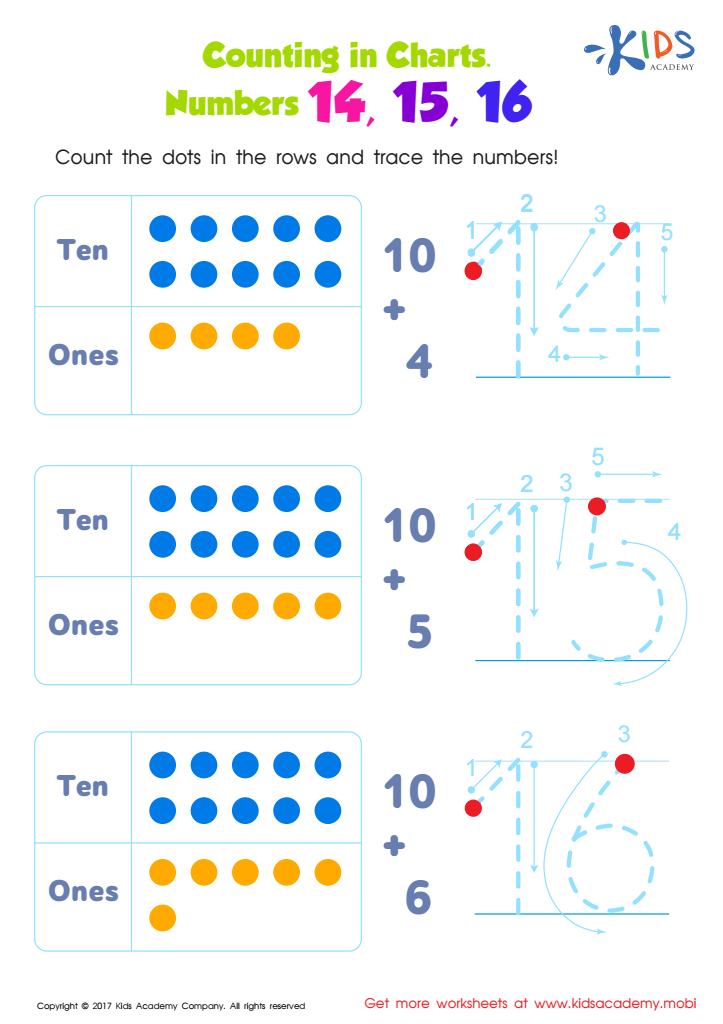

Number Tracing Worksheet
Hand-eye coordination is a crucial skill for children aged 6-8, particularly when learning to manage numbers and math concepts. This developmental milestone pertains to the ability to coordinate visual input with physical movement, which is foundational for many everyday tasks. For parents and teachers, fostering hand-eye coordination during early mathematical learning, particularly with numbers 11-20, is essential for several reasons.
Firstly, improved hand-eye coordination enhances fine motor skills, which are vital for writing and manipulating tools like pencils or scissors. As children practice writing numbers within this range, they strengthen these skills, aiding overall academic performance. Additionally, mastering numbers 11-20 is significant in building a solid numerical foundation and understanding more complex math concepts later on.
Furthermore, engaging in activities that promote hand-eye coordination can boost a child’s confidence and creativity, as they tackle tasks in innovative ways. Games and hands-on experiences that involve counting, sorting, or crafting with numbers foster enjoyment and can transform learning from a chore to an exciting adventure.
In conclusion, nurturing hand-eye coordination through engaging number activities supports cognitive and physical development, paving the way for a child's successful academic journey and a lifelong love for learning.
 Assign to My Students
Assign to My Students






